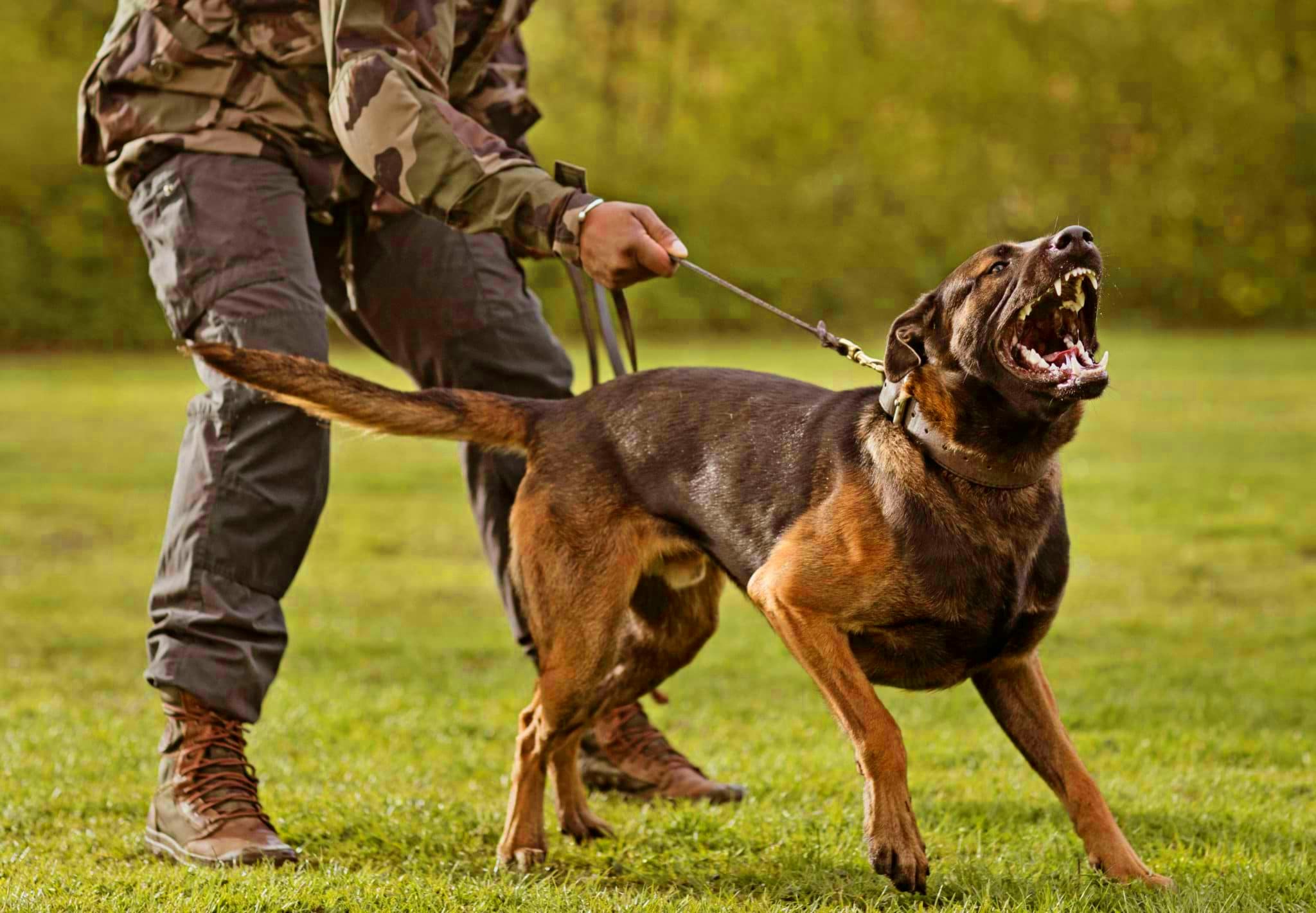What You Need to Know About Colorado Dog Bite Laws
Dog bites can be a serious issue, leading to physical injuries and emotional trauma. In Colorado, specific laws govern how dog bite cases are handled. Understanding these laws can help victims know their rights and how to seek compensation. If you’ve been bitten by a dog, it’s essential to understand what you can do legally. This post will break down the key aspects of dog bite laws in Colorado to provide clarity on owner responsibilities, types of incidents, and what steps to take if you find yourself in this situation.
Understanding Dog Owner Liability

In Colorado, dog owners can be held liable for injuries caused by their pets under certain circumstances. Here are the main points to consider:
- Strict Liability: Colorado follows a strict liability rule. This means that if a dog bites someone, the owner is responsible, regardless of whether the dog had a history of aggression.
- One Bite Rule: While Colorado has strict liability laws, some argue that owners can be less liable if the dog has never bitten anyone before. This is known as the “one bite rule.”
- Exceptions: If the victim was trespassing or provoking the dog, the owner may not be held liable.
Being aware of these factors can help you understand your rights and the owner’s responsibilities if you are involved in a dog bite incident.
Types of Dog Bite Incidents

Dog bite incidents can vary significantly, and understanding the different types can help in legal proceedings. Here are some common types of dog bite incidents:
- Unprovoked Attacks: These occur when a dog bites a person without any prior interaction or provocation. The owner is usually liable in these cases.
- Provoked Attacks: If a dog bites someone after being provoked (e.g., being teased or cornered), the owner may have a defense against liability.
- Injuries to Other Animals: If a dog attacks another pet, the owner of the attacking dog might be held responsible for the injuries caused.
- Injuries to Children: Children are often at higher risk for dog bites. The law may view these incidents more seriously due to the vulnerability of children.
Recognizing the type of incident is crucial in determining the liability and potential compensation for victims.
Steps to Take After a Dog Bite
Getting bitten by a dog can be shocking and stressful. Knowing what to do immediately after the incident is crucial for your health and any potential legal action. Here are some important steps to follow:
- Seek Medical Attention: First and foremost, if you’re injured, get medical help right away. Even minor bites can lead to infections.
- Document the Incident: Take photos of your injuries, the location where the bite occurred, and the dog if possible. This documentation can be vital for your case.
- Gather Information: Collect the dog owner’s contact information, vaccination records, and any witnesses’ details. This information is essential for filing a claim.
- Report the Incident: Notify local animal control or the police about the bite. They can help determine if the dog has a history of aggression and may require quarantine.
- Follow Medical Advice: Make sure to follow up with any medical treatment recommended by healthcare professionals to ensure your recovery.
Taking these steps can help protect your rights and health following a dog bite incident.
How to File a Dog Bite Claim
If you’ve been bitten by a dog and are considering pursuing a claim, it’s essential to understand the process. Here’s a simple guide on how to file a dog bite claim:
- Consult a Lawyer: It’s wise to consult with a personal injury lawyer experienced in dog bite cases. They can guide you through the legal process.
- Gather Evidence: Collect all relevant documents, including medical records, photos, and witness statements. This evidence will support your claim.
- Notify the Insurance Company: If the dog’s owner has insurance, notify their insurance company about the incident. Be cautious not to admit fault during this communication.
- Submit Your Claim: Your lawyer will help you prepare and submit the claim. Ensure all necessary documents are included to avoid delays.
- Negotiate a Settlement: Once your claim is filed, negotiations will begin. Be prepared to discuss compensation for medical expenses, lost wages, and pain and suffering.
Filing a dog bite claim can be complicated, but taking the right steps can help you receive the compensation you deserve.
Potential Damages in Dog Bite Cases
When pursuing a dog bite claim, it’s crucial to understand the potential damages you may be entitled to. Damages can be categorized into several types:
- Medical Expenses: This includes costs for hospital visits, surgeries, medications, and any ongoing treatment related to the bite.
- Lost Wages: If your injuries prevent you from working, you may be compensated for lost income during your recovery period.
- Pain and Suffering: Victims may claim compensation for the physical pain and emotional distress caused by the incident.
- Emotional Distress: Dog bites can lead to anxiety, PTSD, or phobias about dogs. You may be able to claim damages for these emotional effects.
- Rehabilitation Costs: If physical therapy is needed for recovery, those costs can also be included in your claim.
Understanding these potential damages will help you communicate effectively with your lawyer and ensure you receive fair compensation for your injuries.
Comparative Negligence in Colorado
In Colorado, the concept of comparative negligence plays a significant role in dog bite cases. This legal principle means that if both the dog owner and the victim share some blame for the incident, the compensation awarded to the victim may be reduced based on their percentage of fault. Here’s how it works:
- Understanding Fault: If a dog bites someone, the owner might be liable. However, if the victim provoked the dog or was trespassing, the owner’s liability could decrease.
- Percentage of Fault: For example, if the victim is found to be 30% at fault for provoking the dog, and their total damages amount to $10,000, they would only receive $7,000 (70% of the total damages).
- Impact on Compensation: The more fault attributed to the victim, the less compensation they receive. This is why documenting the incident and understanding your actions is crucial.
- Legal Guidance: Consulting with a personal injury lawyer can help clarify how comparative negligence might affect your case and what evidence you need to support your claim.
Understanding comparative negligence is essential for anyone involved in a dog bite case, as it directly impacts the outcome of the claim.
Frequently Asked Questions
Dog bite laws can be complex, and many people have questions about their rights and responsibilities. Here are some frequently asked questions to clarify common concerns:
- What should I do if I’m bitten by a dog? Immediately seek medical attention, document the incident, gather information from the dog owner, and report it to the authorities.
- Can I file a claim if I was partly at fault? Yes, Colorado follows comparative negligence rules, which means you can still file a claim even if you share some blame.
- How long do I have to file a dog bite claim? In Colorado, the statute of limitations for personal injury claims, including dog bites, is typically three years from the date of the incident.
- What types of damages can I claim? You may claim medical expenses, lost wages, pain and suffering, and emotional distress, among others.
- Do I need a lawyer to file a dog bite claim? While it’s not required, having a lawyer can significantly improve your chances of receiving fair compensation.
These FAQs can provide you with a better understanding of what to expect if you find yourself dealing with a dog bite incident.
Conclusion on Dog Bite Laws in Colorado
Understanding dog bite laws in Colorado is essential for both victims and dog owners. These laws help ensure that responsible parties are held accountable while protecting the rights of victims. If you find yourself in a dog bite situation, remember to take immediate action by seeking medical help, documenting the incident, and consulting a qualified attorney. Knowing about owner liability, comparative negligence, and the types of damages available can help you navigate the legal process more effectively. Always be proactive and informed, as this knowledge empowers you to seek the compensation you deserve and helps prevent future incidents.


